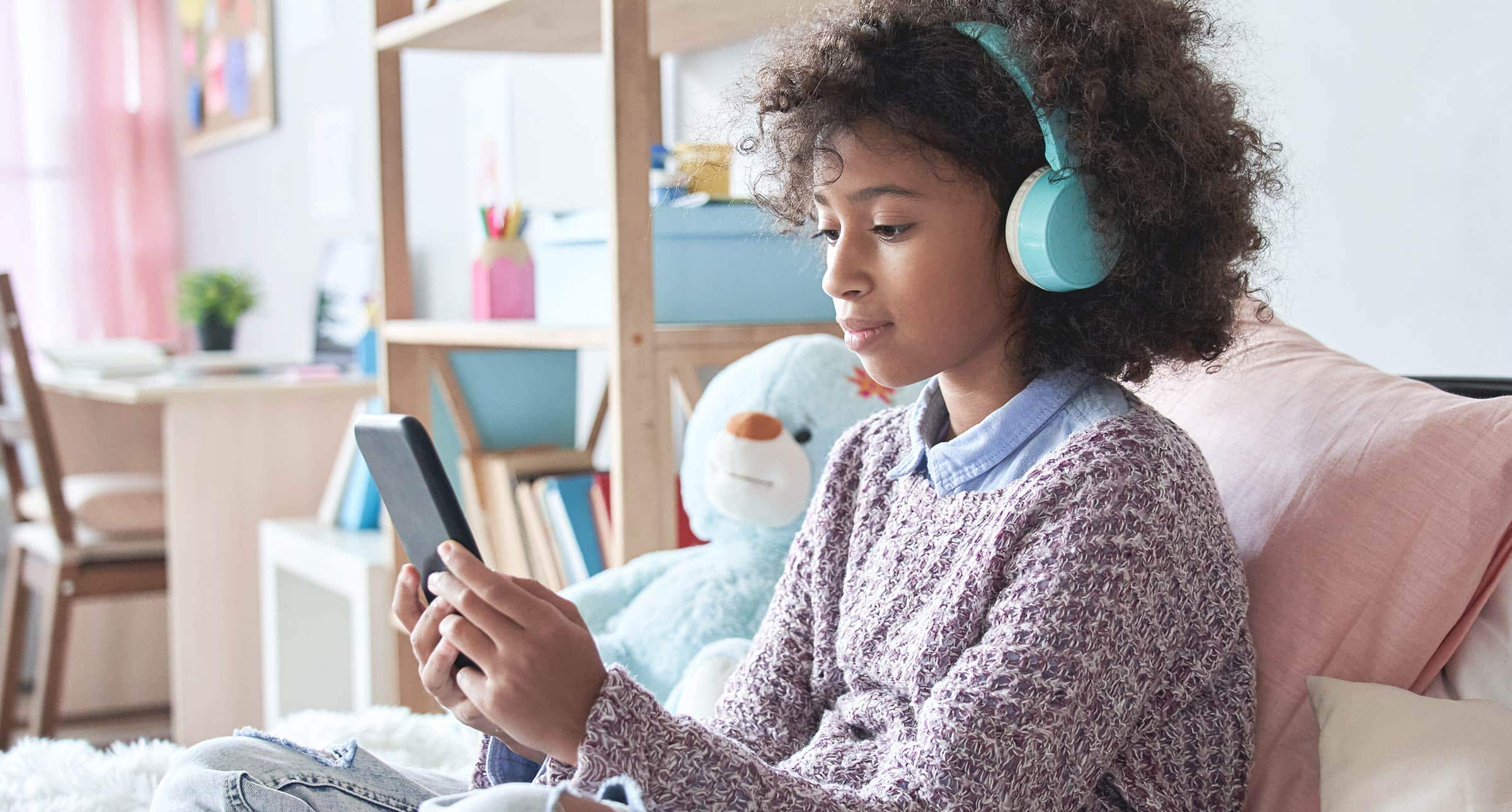My Strategies For Less Screen Time
In the good old days, most of us did not have from the so-called now “multimedia” except a bulky, concave screen tv.
At it’s best, it would capture two or three analog channels. I remember that my nearby uncle’s house had better “antenna” than ours, so I used to go there to watch my favourite cartoons.
These channels would allocate a maximum of 1-2 hours/day for kids stuff. We would spend the rest of the day, me and my cousins, running, biking, climbing and falling all outside under the sun.
From Multimedia to Screen Time
In the past 25 years, there have been tremendous social changes, in keeping with economic growth, improving family income and better societal education level. This vastly affected family dynamics, and of course, the time our kids spend with “multimedia”. This now is called “Screen Time”, which is defined as the time the child spends in a day in front of any screen, wither it is a tv, a tablet such as the iPad or a smartphone or video game consoles.
In the US, the average time that child (depending on age) spends in front of screen ranges between 3-7 hours daily, with teenagers on the higher end. You could easily imagine that this is probably true when you see most teenagers and sometimes younger kids staring in at the phones or iPads for most of their time now.
Long screen time has a number of adverse health effects on children that have been proven with scientific studies.
For example, It has been found that children with longer screen time are at considerable risk of developing obesity at a young age, unhealthy eating habits and choices, weak social skills, behavioural problems and easy frustration, sleep disturbance and lower academic performance.
For these reasons, the American Academy of Paediatrics (AAP) recommends no screen time for kids below 2 years, and a maximum of 2 hours of “quality” screen time for kids older than 2.
These recommendation may sound insane to some. I personally have difficulties with my own kids implementing them.
Nonetheless, with patience and some good strategies that I will share with you here, we can help our kids managing their screen time in a better way.

Here are my BEST STRATEGIES for reducing screen time:
1. Be an example:
We don’t realize that many of us became so addicted to our smartphones. Our kids model after us and it is hard to make a good case about reducing their screen time while we don’t ourselves! Try to leave your phone out of reach for most of the time while at home, ignore it at meal and family time. Remember, kids are watching you!
2. Create awareness with your kids:
We will surprised with the level of understanding kids have when we explain to them why it is dangerous to spend so much time in front of screens. Choose age-appropriate words. Let them share in making decisions and creating expectations.
3. Talk to your partner:
Consistency is key when it comes to kids rules. It is vital that all caregivers follow the same rules they sit for kids and be consistent. Chaos will create confusion and rules will collapse quickly!
4. Ban screens during family time:
No screens are allowed during meal-time and also during the time that all the family sit together and each talk about their day. If you don’t have such time, create one! it is fun, and healthy.
5. No screens in bedrooms:
It is a really bad idea to have a tv in the kids’ bedroom. Keep the tv in a common area where everyone could sit, see and talk to each other.
6. Provide appealing alternative:
You will be amazed how (especially young kids) get used to the fact that their iPad is not available. Buy the toys they like, create outdoors activities such as biking or looking for worms! Register your teenagers in the extracurricular activity they like, and encourage them to play more sports.

7. Minimize screen number:
If you could, don’t buy an iPad for your kids and delay the age that your teenage gets a smartphone. We did not have cell phones till university and nothing wrong happened because of that!
8. Don’t use the iPad as a tool:
Don’t use the iPad as a tool to quite a crying baby and try to not keep it “very visible” in the house. if they want it, they should ask you.
9. Minimize Applications
Minimize the number of the application the iPad has with the help of your child. make sure that it is all age appropriate and as much educational as it could be.
Delete any streaming application.
10. Use positive reinforcement:
Give your child a star on the calendar when he/she achieves a day with no screens or less than used to. Make sure they are rewarded at a set number of stars with something apart from giving them the iPad!
11. Make fixed house rules and follow them:
Example; no screens after 7pm or no iPads when we are outside the house. Make it clear and consistent.
12. iPad-free playdates:
Take them to iPad-free playdates or invite friends with their kids. Give some quality playtime!
13. Use technology:
There are apps that limit screen time by locking the iPad automatically after a set time you determine. Just google “Apps limiting screen time”, there are plenty of them. They say that Steve Jobe (Apple co-founder) did not let his own kids use the iPad and had rules limiting how much his kids use technology.
If we follow Apple’s CEO own rules around kids screen time, we will give our kids a better chance to achieve their potential, and probably, live more active and happier childhood!




































